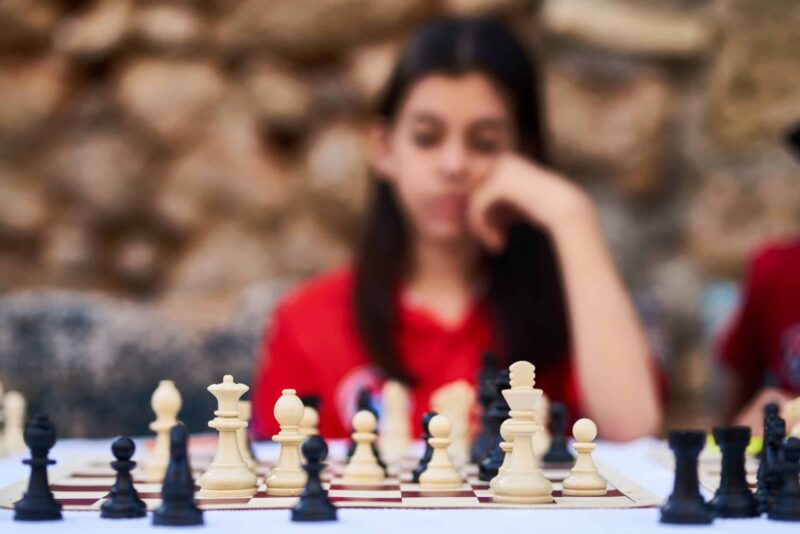Have you ever wished you were better at making decisions? Me too, friends, me too. In fact, I wanted so badly to be better at decision-making that I wrote a whole PhD dissertation on optimal decision-making. Yes, I was that serious.
Although my research was primarily in the context of land management decisions, I became intrigued by how many of the insights coming out of this type of research could apply to the decisions we make in our everyday lives. Now I’m here to share some of what I learned with you (and to save you the trouble of writing your own dissertation).
Your Decisions Should Be Objective-Focused
I’ll start first with the essential key to all good decisions. If I were to distill down all the decision science theory and my research findings into one simple statement that always holds true, it’s this:
The best decision depends on your objective.
Such a simple statement – maddeningly simple. But something we all often forget, especially when we’re facing complicated decisions. A good decision for you might not be a good decision for someone else, because you have different end goals.
The Forest for the Trees
I initially learned about this idea in an undergraduate forestry class in college. The class taught us about various forest management techniques. As young, budding foresters wanting to make a positive impact on the world, we would often ask our professor what prescriptions (aka management options) were best, craving clear-cut blanket statements like ‘uneven aged management is best’ or ‘you should always prescribe thinnings’. He would instead respond simply with, ‘Well, it depends on your objective.”
This statement drove me crazy at first, but as I advanced in my education, I realized the power in this perspective. If your objective is to regenerate a new crop of trees in the quickest time possible, then clearcutting is best.
If your objective is to create a park like setting with multiple layers of tree canopy, then uneven aged management it best. Managing for deer would require a different prescription than if you were managing for owls. Obviously, these decisions get much more complex as you dig deeper into them – people spend entire careers researching these topics – but the essence of the rule holds true in all of these situations, and extends out to myriad other contexts as well.
Applying the Rule to Your Everyday Decisions
Just as in forestry, the decisions we face in our personal lives can be complex. Life decisions typically have many moving parts, and the higher the stakes, the more complicating factors there tend to be. It’s easy to get caught up in all of the details – this is exactly when stripping decisions to the most important details becomes important. Here’s how you do it:
Question #1:
The first question to ask yourself when you’re facing a big decision is: “What is my objective?” In other words: “Why are we making this decision? What is the ultimate goal? What are we trying to achieve?”
For example, if you’re trying to decide on a whether or not to buy a new home, ask yourself about why you’re faced with this decision? Is it that your current home is too small? Is it that you are looking to live in a new community, or you have a new job?
The reason for your move is going to inform the things you need to think about when you’re looking for your new home, and will help you identity the factors that are important to prioritize.
Question #2:
The next question to ask yourself is “How does this decision affect my other goals?”
Using the above example, if you find a home that you love, but it costs more than your current budget allows, how would your other goals be impacted by the higher mortgage payment? Would you need to delay retirement, or forego family vacations for a while?
Or on the other hand, if the house comes in under budget, but doesn’t have an amenity you were hoping for, would the ability to afford a gym membership and work towards your health goals offset the deficiency? The trick is to find the trade-off that makes it worth it to you. That will look different for everyone.
Be sure to think of these trade-offs in terms of other goals, as opposed to dollar values, because goals and priorities are more meaningful to us a than abstract dollars.
When it comes down to it, very few of us are trying to maximize the number of $ we have. What we’re really trying to do is get the most of what we value out of life, to achieve other goals with that money. Which brings us to another important topic that we’ll discuss in another blog post: the importance of defining your core values in your financial planning.
Connect with Clarity
Need help tackling those big financial decisions? Click here to schedule a complimentary consultation with one of our advisors.



